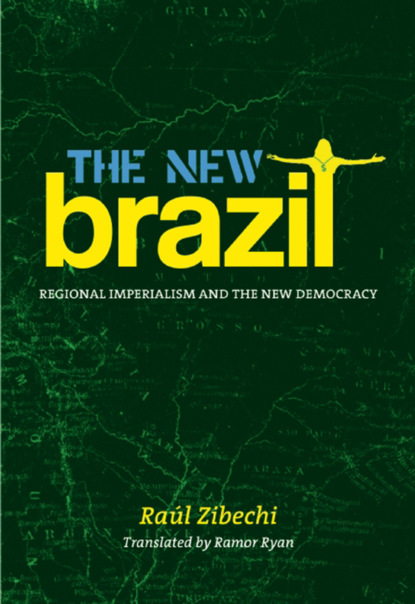
The New Brazil скачать fb2
Группа авторов - The New Brazil краткое содержание
In the midst of a rapidly shifting global economy, Brazil has emerged as a powerful new player on the geopolitical stage. Against all odds, the Latin American nation managed, in just three years, to repay a 2002 $15.5 billion IMF bailout loan thanks to aggressive economic restructuring and a series of alliances that have placed it at the center of political and economic power in the region.From the outside, Brazil is a poster child for neoliberal capitalism. Yet inside the country, the lives of the Brazilian people are still marked by vast inequities in wealth and access to social services–a striking disparity with the nation's newfound power in the global economy. In June of 2013, protests against the increasing costs of public transportation swelled to mass demonstrations against the Rousseff government's failure to address this disparity, leading many to wonder whether the popular movements in Brazil may be just powerful enough to shift the nation's influence towards a wholly new economic model based in regional integration. The New Brazil explores this disparity. Will the nation serve as the glue that holds together the Latin American states, distancing themselves from the neoliberalism of the United States and Canada? Or will Brazil simply become another world superpower, able to subject the rest of Latin American to its will? Only time will tell. Raul Zibechi is a journalist and social-movement analyst based in Montevideo, Uruguay. He is the author of numerous books including Dispersing Power and Territories in Resistance , both published by AK Press.
Скачать книгу «The New Brazil» Группа авторов
Чтобы оставить свою оценку и/или комментарий, Вам нужно войти под своей учетной записью или зарегистрироваться







